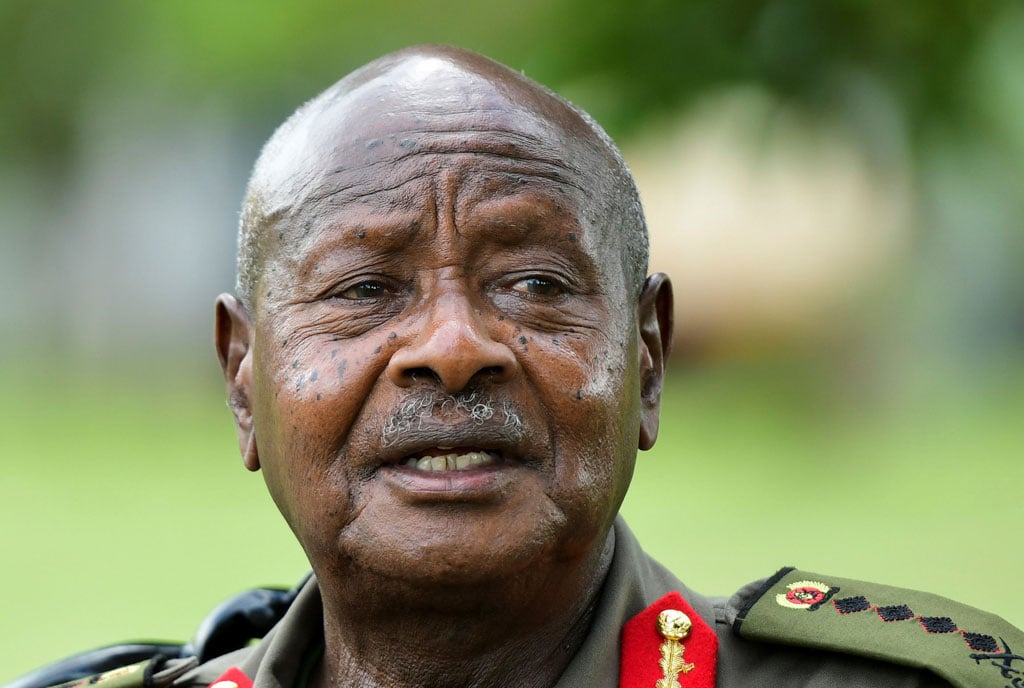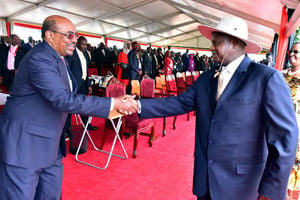
Author: Musaazi Namiti. PHOTO/COURTESY
Last Sunday, this publication carried a story with an interesting headline: “Government plan to mirror Singapore unpacked”.
The gist of the story was that Uganda is mapping a strategy that will enable it to attain economic prosperity and development in much the same way as Singapore. I am not an economist. My strong scepticism is based on what I have witnessed in Uganda as a citizen and journalist — and what I read.
In the early 1990s, I was a student, and I lived in Nsambya Police Barracks, just a stone’s throw from the city centre. Many things in the barracks were not working. Power outages were an everyday occurence, and water supply was so unreliable the entire barracks would use jerrycans to fetch water from a spring well.
The NRM government had been in power for only four years, and because it had inherited a failed State, created by years of political instability and conflict (to which it greatly contributed), people did not complain a lot. They thought after 10 to 15 years, things would look up. Yet very little is changing for the better for a country that is aspiring to become a Singapore. In May 1996, I was at Kololo Ceremonial Grounds covering President Museveni’s inauguration, and the public address system failed due to a power outage that lasted a few minutes just as he was speaking. He was angry and vowed he would not tolerate incompetence.
The economy then was only picking up. Tax revenue, compared to what the government collects today, was negligible.
Uganda was relying on one hydroelectric power dam. Today it has several dams, and in December 2020, while campaigning for re-election, Mr Museveni boasted that “our country’s electricity generation capacity will be 1,868MW, up from the 60MW we generated in 1986", referring to the year he seized power.
The curious paradox is power outages in Uganda are too common, with some suburbs going without electricity for 48 hours. The article I alluded to at the beginning said: "Delegates gathered to chart paths to grow Uganda’s economy tenfold over the next five years were forced to pause deliberations for nearly 20 minutes after a power outage left the meeting room in darkness.”
Compared to its southern neighbour, Rwanda, Uganda is a profoundly dysfunctional country. Corruption is endemic, and individuals Ugandans know are very corrupt cannot even be punished. You do not have that in Rwanda.
For decades, Mr Museveni has told Ugandans the economy is doing well, but the same economy struggles with small things like water bills for the police and prisons departments. It has taken Uganda 60 years to become a middle-income country.
Even then, it is a lower-middle-income country, not upper. If you invite international development wonks to Uganda and Rwanda and let them study the two countries for just one week and ask them which country has leaders with a vision to attain Singapore’s status, they are not going to tell you it is Uganda. No way!
Rwanda is still a low-income country and has a long way to go to become a high-income country, like Singapore. But at least in terms of organisation and the cleanliness of its cities, it is already demonstrating its potential to become the Singapore of Africa.
Very few people visit Rwanda for the first time and do not wax lyrical about how well organised and managed it is. Can Uganda become a Singapore? Maybe under new and better leadership. Let us not listen to what leaders are saying; let us watch what they have done. Behaviour does not lie.
Mr Musaazi Namiti is a journalist and former ALJazeera digital editor in charge of the Africa Desk, [email protected]




